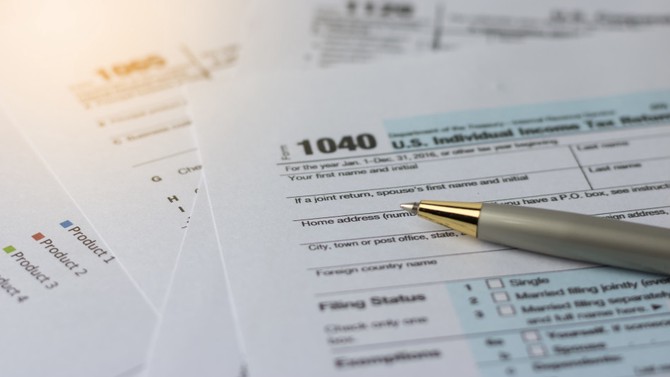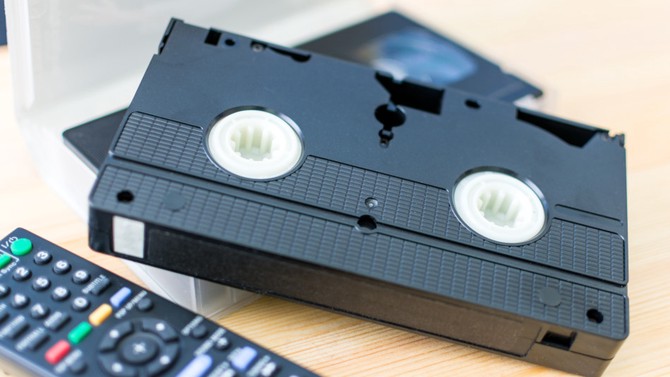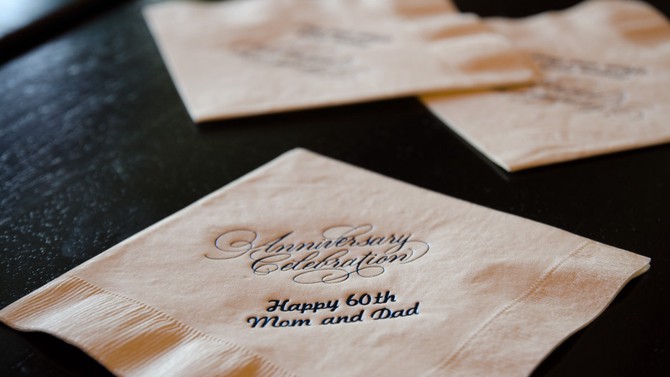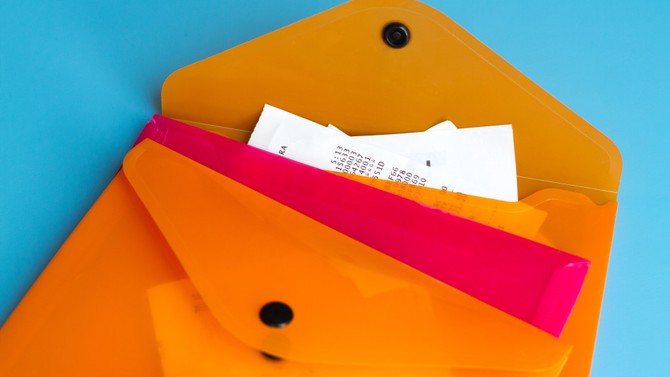What Professional Organizers Say You Shouldn't Throw Away
Not so fast with these types of documents or those old teacups.
By Lynn Andriani

Photo: iStock/manop1984
Pre-2011 Tax Returns
The rule of thumb from most organizing experts—as well as the IRS—is to hold onto tax returns (as well as their supporting documentation) for three years. But there are exceptions: if you file a claim for a loss from worthless securities or bad debt deduction, you'll want to keep the documents for seven years. As for any pre-2011 returns, check with your tax professional to be sure, but you're probably okay to shred them, says organizing pro Sharon Lowenheim.

Photo: iStock/artpritsadee
The Family China You Had No Idea Was So Beloved
It's fine if you don't feel a sentimental attachment to 12 place settings of your grandmother's china. But before you toss (or sell) every last cup and saucer, says Lowenheim, check with other relatives to see if they want anything first. "One of your siblings might be very resentful if you dispose of it without asking who else might want it," says Lowenheim. On a related note, she also advises declutterers to ask grown children before throwing away their memorabilia, from old yearbooks to artwork. If your kids do want the items, give them a deadline for picking them up.

Photo: iStock/Thomas Faull
Your VHS Archives
When professional organizer Eric Saber was helping his mother-in-law straighten up her home office, they came across some old home movies, and since she didn't have the equipment to play them, she was going to throw them away. Saber convinced her to have them digitized instead. (Indeed, research has shown the psychological benefits of nostalgic reminiscence.) One site that makes this process easy is Legacybox; you send them your old tapes, film, photos and audio recordings, and they digitize them onto thumb drives, the clouds or DVD.

Photo: iStock/Mike_N440
Special-Order Party Supplies
Whether personalized napkins from a New Year's Eve party five years ago, or plates with your son's face on them for his second birthday party, leftover party supplies—especially anything in the "servingware" category—can come in handy. Tova Weinstock, who runs an organizing company in Brooklyn, says, "You ordered them, and they were expensive. So get over the weirdness. It's a napkin. Just use it." (Cocktail-sized ones are actually perfect for lunchboxes.)

Photo: iStock/JannHullzenga
The Key to Returning That Top You Never Wore
In general, when it comes to receipts, Weinstock's advice is to throw them away when you get home. The exception: receipts for clothing you're not planning to wear right away (such as a winter coat when it's only August) or that you need a second opinion on (e.g., a dress for a big party). She suggests stashing them in an envelope marked "clothing receipts" and reviewing them every 60 to 90 days (every store has a different policy; you can set a reminder on your phone). That way, if you decide you actually don't love that blouse you bought on (not final) sale and it's still hanging in your closet, tags attached and unworn, you can return it.
Published 08/24/2018

